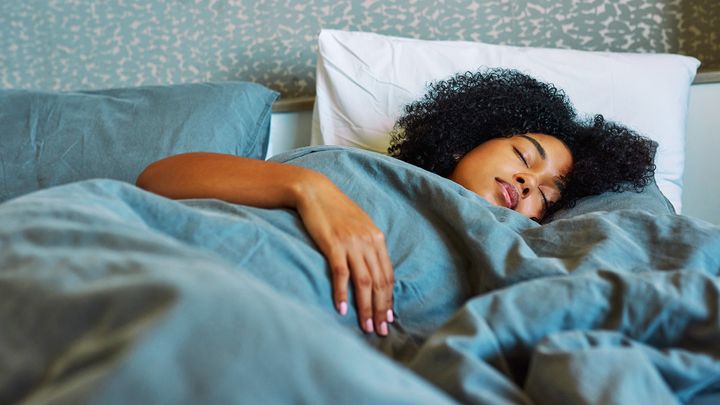Sleep is an essential pillar of health, yet millions worldwide struggle with sleep disorders that rob them of restful nights and productive days. Whether it’s insomnia, sleep apnea, or restless leg syndrome, these conditions can severely impact physical and mental well-being. This article provides actionable tips to help you overcome sleep disorders and enjoy a rejuvenating night’s rest.
Understanding Sleep Disorders
Before diving into the solutions, it’s crucial to understand what sleep disorders are and how they manifest. Sleep disorders encompass a range of conditions that affect the ability to sleep well on a regular basis. The most common types include:
- Insomnia: Difficulty falling or staying asleep.
- Sleep Apnea: Interrupted breathing during sleep.
- Restless Leg Syndrome (RLS): An uncontrollable urge to move the legs, usually due to discomfort.
- Narcolepsy: Excessive daytime sleepiness and sudden sleep attacks.
These disorders can be caused by various factors, including stress, anxiety, medical conditions, or lifestyle choices. Understanding the root cause is the first step in addressing sleep issues.
Effective Tips to Improve Sleep
Here are some proven strategies to help overcome sleep disorders and enhance sleep quality:
1. Maintain a Consistent Sleep Schedule
Going to bed and waking up at the same time every day, even on weekends, helps regulate your body’s internal clock. Consistency reinforces your sleep-wake cycle and can improve the quality of your sleep.
2. Create a Relaxing Bedtime Routine
Engage in calming activities before bed to signal your body that it’s time to wind down. This could include reading, taking a warm bath, practicing mindfulness meditation, or listening to soothing music. Avoid screens at least an hour before bed as the blue light emitted by phones and computers can interfere with melatonin production, the hormone responsible for sleep.
3. Optimize Your Sleep Environment
Your bedroom should be conducive to sleep. This means keeping the room cool, dark, and quiet. Invest in a comfortable mattress and pillows, and consider using blackout curtains or a white noise machine if necessary.
4. Watch Your Diet
What you eat and drink can significantly affect your sleep. Avoid large meals, caffeine, and alcohol close to bedtime. Instead, opt for a light snack if you’re hungry, and drink herbal teas like chamomile, which are known to promote sleep.
5. Exercise Regularly
Physical activity can help you fall asleep faster and enjoy deeper sleep. However, avoid vigorous exercise too close to bedtime as it might have the opposite effect. Aim for at least 30 minutes of moderate exercise on most days, but try to finish your workout at least three hours before bed.
6. Manage Stress and Anxiety
Stress and anxiety are major contributors to sleep disorders. Techniques such as deep breathing exercises, progressive muscle relaxation, and journaling can help manage stress levels. Cognitive-behavioral therapy (CBT) is also effective in treating insomnia by addressing the thoughts and behaviors that prevent sleep.
7. Limit Naps
While short naps can be beneficial, long or irregular napping during the day can negatively affect nighttime sleep. If you need to nap, keep it under 30 minutes and avoid doing so late in the afternoon.
When to Seek Professional Help
If you’ve tried these tips and still struggle with sleep, it might be time to seek professional help. Sleep disorders like sleep apnea require medical intervention, and treatments might include CPAP machines, medication, or behavioral therapy. Don’t hesitate to consult with a sleep specialist who can provide a personalized treatment plan.
Conclusion
Quality sleep is essential for overall health and well-being. By understanding sleep disorders and implementing these tips, you can significantly improve your sleep quality. Remember, overcoming sleep disorders takes time and consistency, but the benefits to your physical and mental health are well worth the effort.
Relevant Sources:
- National Sleep Foundation. “Sleep Disorders Overview.” National Sleep Foundation
- Mayo Clinic Staff. “Insomnia: Diagnosis and Treatment.” Mayo Clinic
- American Sleep Association. “Sleep Hygiene Tips.” American Sleep Association



Leave a Reply